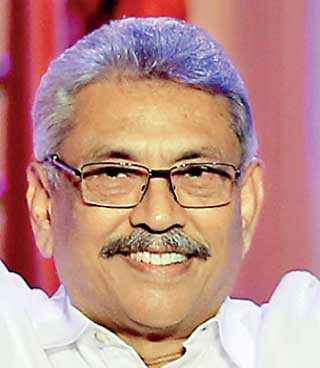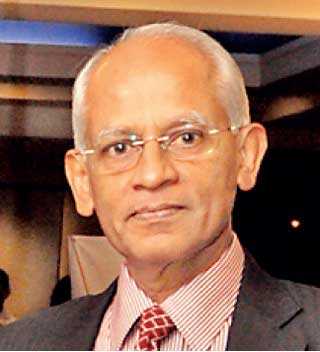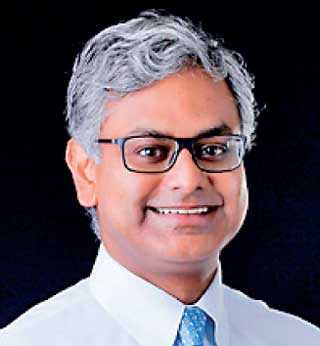Wednesday Feb 18, 2026
Wednesday Feb 18, 2026
Friday, 8 January 2021 00:25 - - {{hitsCtrl.values.hits}}
 |
| President Gotabaya Rajapaksa |
 |
| Lalith Weerathunga |
 |
| Krishan Balendra
|
President Gotabaya Rajapaksa has appointed an 18-member Deregulation Commission with public sector veterans, private sector leaders, entrepreneurs, law experts and professionals to simplify the
existing laws and regulations in the interest of the people.
The Commission is Co-Chaired by former Secretary to the President and Principal Advisor to the President Lalith Weeratunga and premier blue-chip John Keells Group Chairman Krishan Balendra.
Other members of the Commission include; Land Management, State Enterprises Land and Property Development State Ministry Secretary S.D.A.B. Boralessa, Power Sector Retired Ministry Secretary M.M.C. Ferdinando, Export Development Board (EDB) Chairman Suresh de Mel, Department of Public Finance Director General C. Weligamage, Public Services, Provincial Councils and Local Government Ministry Director General of Establishments Chandana Kumarasinghe, Company Law expert Harsha Cabraal, President’s Counsel Dr. Nihal Jayawardana, Chartered Accountant of Sri Lanka Thishan Subashinghe, Sanken Constructions Ltd.
CEO Ranjith Gunathilake, Board of Investments of Sri Lanka (BOI) Executive Director Renuka Weerakoon, Mercantile Investments and Finance PLC Board of Director Gerard Ondaatjie, Nations Trust Bank Non-Executive Director Arjun Fernando, SME Construction Sector S.P. Liyanarachchi, Mlesna Tea Managing Director Anslem Perera, Chamber of Construction Industry (CCI) Secretary General/CEO Nissanka Wijeratna and Theme Resorts and Spas Chairman/ Director General Chandra Wickremasinghe.
Retired Ministry Secretary G.S. Vithanage has been appointed as Secretary to the Commission.
The commission is given 90 days to fulfill six key tasks and issue instructions to relevant agencies as required for the purpose of executing the task entrusted.
The tasks include; 1) Review all laws, regulations and circular instructions pertaining to Government finance, revenue laws and circular instructions, licensing and permit arrangements, investments, approvals and building permits etc., and how those regulations and circular instructions have evolved and circumstances influencing such regulations; 2) Assess as to whether the issuance of regulations and circular instructions has resulted in over regulation and deviated from the scope and objectives of original legislations; 3) Assess the relevance of them in the context of global standards and applicability of them in the Sri Lankan context to identify new rooms to adopt to make the most effective modern regulatory systems; 4) Assess the cost of enforcement to the state, compliance cost to the people and potentials for corruption and irregular practices associated with complex and over regulatory systems; 5) Identify areas where simplifications and rationalisation could be made to existing regulations and circular instructions and issue directions to do away, modify if required and simplify all such regulations and 6) Study if there is a repetition that occurs due to issuing various approvals, permits and licenses through the national level, Provincial Councils and local authorities, and take necessary measures to amend such processes appropriately.